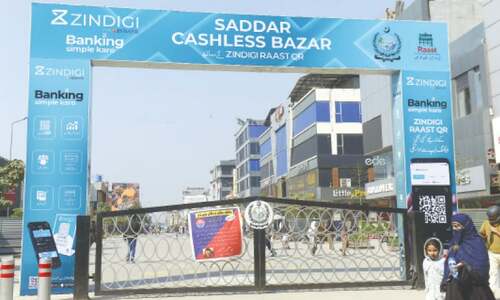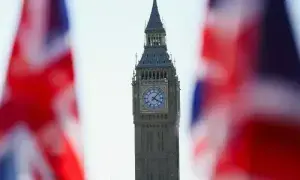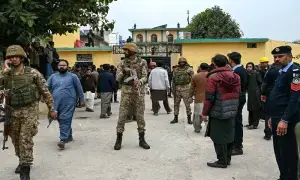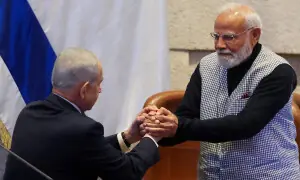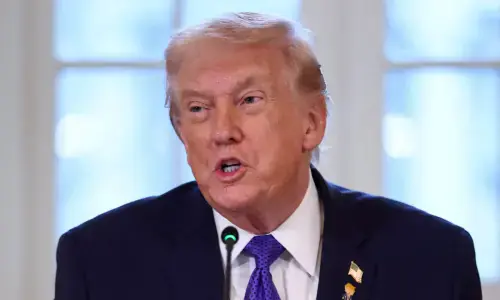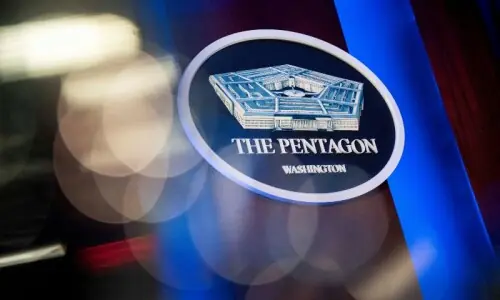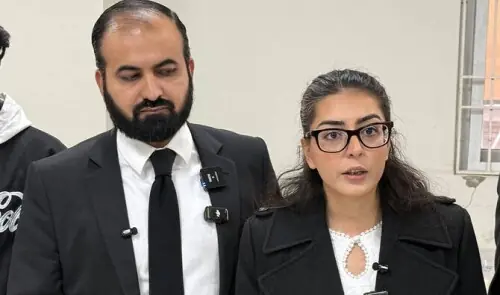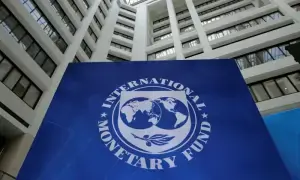ISLAMABAD: The importance of paralegals in resolving conflicts and providing justice at the community level was highlighted here on Monday.
Speakers at the “National conference on community based paralegals” stressed that the incorporation of paralegals into the mainstream legal community can play an important role in the protection of human rights at the grass-roots level.
The two-day conference has been organised by the United Nations Development Programme (UNDP) in collaboration with the Rural Support Programme Network (RSPN) under the banner of Alternative Dispute Resolution (ADR) and UNDP’s Strengthening Rule of Law Project (SRLP), which is being implemented in Khyber Pakhtunkhwa (KP). The programme is focusing on reforming statutory ADR mechanisms and legal empowerment through the community-based paralegals.
Anbia Subhan, a paralegal from the Kanju village of Swat, told Dawn: “After seeing women of my area facing one or other form of violence, I decided to do something for them but didn’t know what to do. Nevertheless, when this paralegal project of the UNDP was started in our area, I was more than willing to join it.” She said after attending trainings, she was enough qualified to guide women to resolve their legal issues.
“We resolve minor disputes such as family disputes, agricultural issues and cases of domestic violence at the local level. However, if the case needs legal assistance, we guide the people to contact the relevant department and officials.”
She claimed that people trusted them as they belonged to them and this trust factor was their strength in performing their duties.
Sadaf Dar, the programme officer RSPN, told Dawn: “There is a need for the role of paralegals in bridging the gap between the most vulnerable members of society and the state institutions. Building trust between the legal aid providers and the citizens is a prerequisite for the long-term strengthening of the rule of law.”
She said the conference would serve as a step towards consolidating efforts for legal empowerment of marginalised communities at multiple fronts.
Nadia Shah, the programme manager Sarhad Rural Support Programme (SRSP), said: “Through this initiative we aim at enhancing awareness and legally empowering men and women at the grass-roots level to lobby for their rights and seek remedies for the legal problems.” People in remote areas do not trust the police or lawyers but they trust notables of their own communities. Therefore, the role of paralegals in such communities becomes very important, she added.
She stressed the need to incorporate paralegals into the mainstream legal system to provide justice to the people at their doorsteps.
During different sessions and presentations, a citizen-centric approach to justice services and the need for an alternative narrative to guide rule of law was discussed to ensure provision of durable and inclusive justice services.
The conference brought together academics, researchers, paralegal practitioners, non-government organisations, community representatives and government officials to devise reasonable strategies for the future development and recognition of paralegals as providers of justice-related services at the community level.
Published in Dawn, July 26th, 2016


